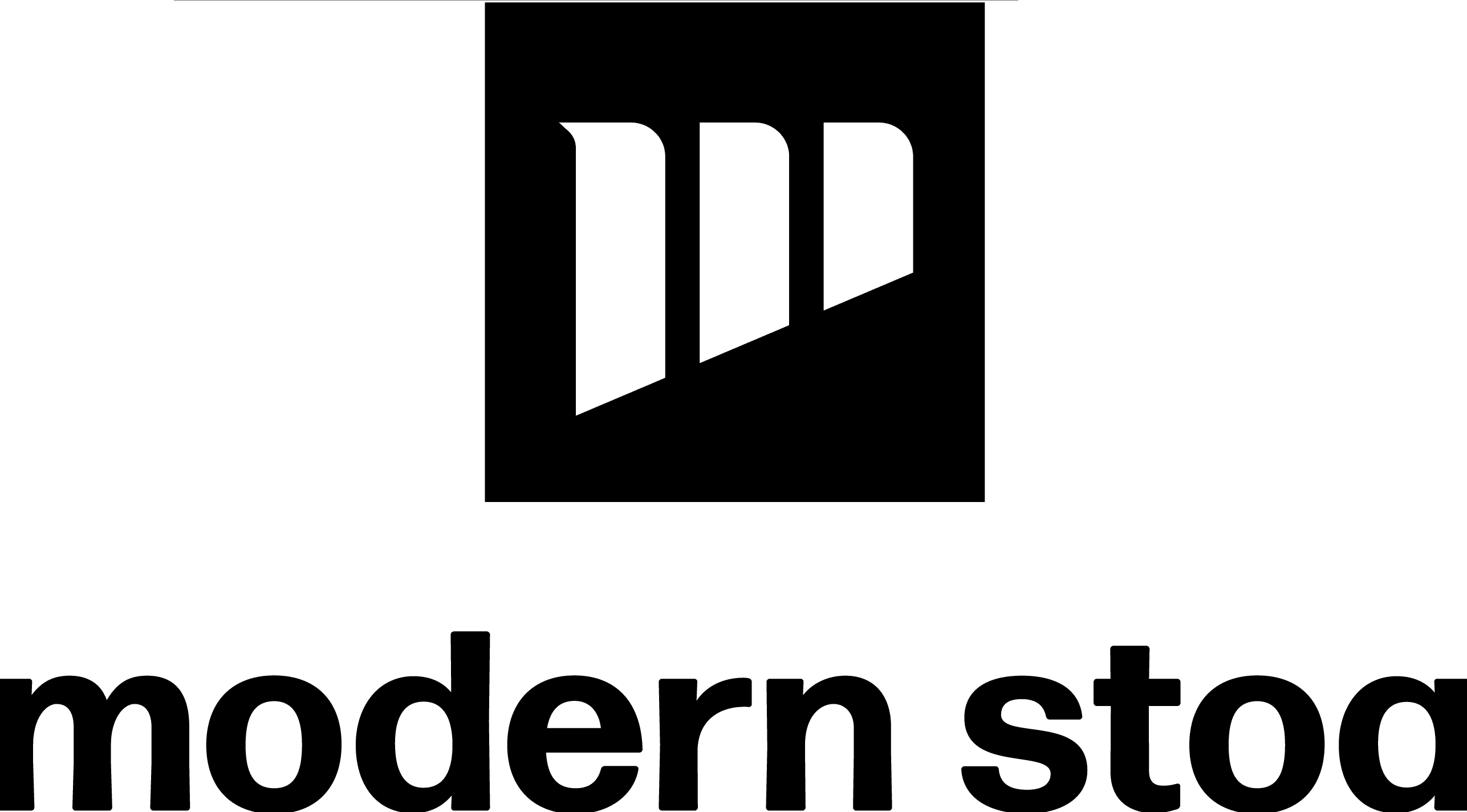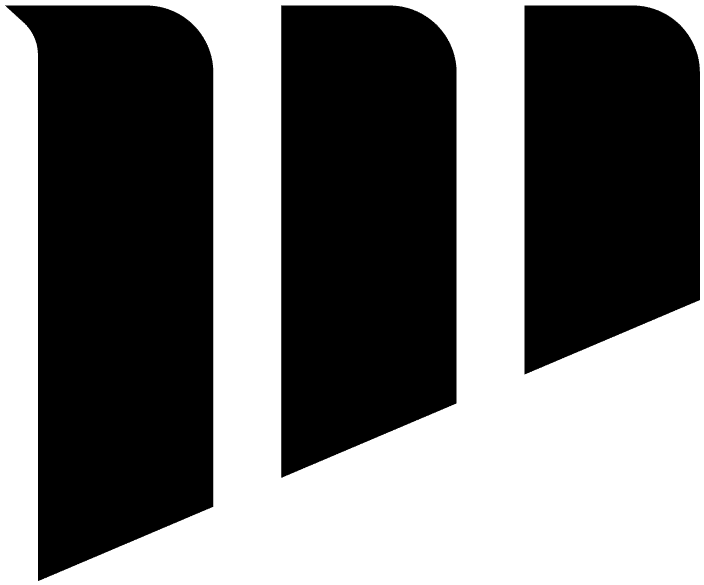
Brand partnerships are one of the most reliable ways for independent podcasters to generate revenue. But before you can land a deal, you need a professional, listener-focused sponsorship package that communicates your value clearly. From media kits to campaign reporting, here’s how to build sponsor-ready materials that support your growth without sacrificing audience trust.
Build a Clear, Concise Media Kit
Your media kit is your first impression. Keep it visually clean and easy to scan. Include core information such as show description, audience demographics, total downloads, listener locations, and engagement rates. Highlight anything that makes your podcast stand out, like a niche focus, consistent growth, or high listener retention.
Don’t forget to include sample sponsors, testimonials, or listener reviews if available. These help build credibility and show that you take the business side of your podcast seriously.
Price Ad Spots Strategically
Pricing your ad spots can be tricky, especially if you’re just starting out. A common starting point is the CPM model (cost per 1,000 downloads), but you can also consider flat-rate packages if your show has strong engagement or a highly targeted audience.
Break down your offerings into clear tiers, such as pre-roll, mid-roll, or post-roll ads, with optional add-ons like social promotion or newsletter mentions. Keep pricing transparent but flexible enough to adjust based on sponsor needs or seasonal opportunities.
Deliver Value Without Alienating Listeners
Protecting listener trust is just as important as generating income. Choose sponsors that align with your content and your audience’s interests. Make your ad reads feel integrated but honest. Avoid overloading your episodes with too many ads, quality and relevance always win.
A simple but effective strategy is to include a short disclaimer at the beginning of each episode letting your audience know why you partner with certain brands and how it supports the show.
Measure, Report, and Refine
Once a campaign is live, track its performance. Collect basic metrics like impressions, click-through rates, and promo code usage. Use listener surveys or post-campaign debriefs to share qualitative feedback with sponsors.
Timely reporting shows that you’re a reliable partner and opens the door to longer-term deals. Over time, your ability to show results will matter just as much as your audience size.
Final Thoughts
Sponsorships are not just about ads, they’re about relationships. When you create thoughtful, audience-conscious packages with clear deliverables and performance tracking, you position your podcast as a trustworthy brand partner. Start with a strong media kit, be selective about who you work with, and focus on delivering results that benefit everyone, especially your listeners.
If you are interested in podcast advertising go to Modernstoa.co.

